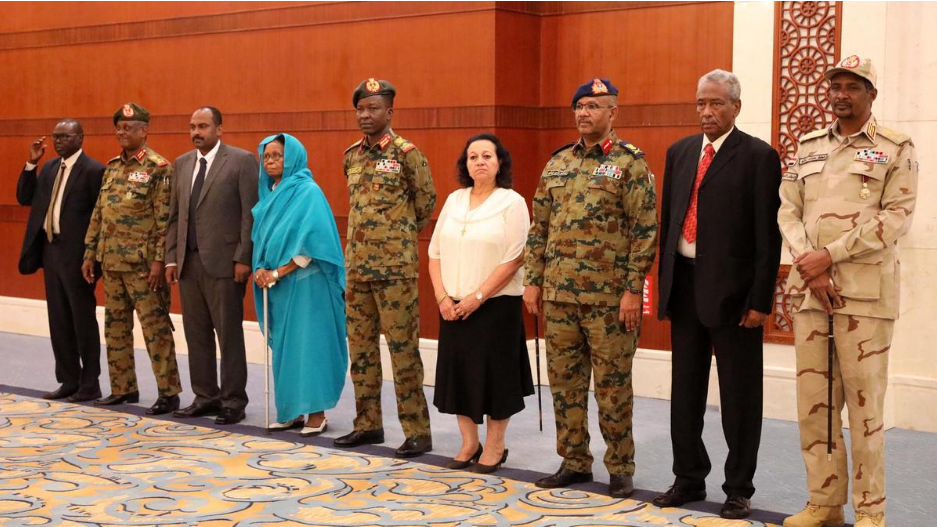
History made in Sudan as woman named country’s top judge

Sudan’s transitional government Thursday named two new appointees, including a woman, to the country’s top judicial posts after weeks of pressure from pro-democracy activists demanding the original officeholders be sacked for alleged ties to former longtime dictator Omar al-Bashir.
Neamat Abdullah Mohamed Kheir, a veteran female judge, was named chief of the judiciary and Taj al-Ser Ali al-Hebr, a lawyer, was appointed the country’s public prosecutor. The announcements were made by Mohamed al-Fakki Soliman, spokesman for Sudan’s joint civilian-military Sovereign Council, which is ruling the country in transition.
“This way, the council would have turned a page that the Sudanese street had been preoccupied with for a long period of time,” Soliman told reporters following a Sovereign Council meeting. He said the two appointees will soon examine “corruption cases and crime” committed under al-Bashir’s rule.
Last month, thousands of Sudanese took to the streets demanding that the two original appointees —Yehia Abu-Shura and Abdullah Ahmed Abdullah, who were chosen by the military council that ruled the country for over two months after al-Bashir’s ouster in April — be sacked.
They insisted that independent judges be appointed before prosecuting members of the old regime as well as those responsible for a deadly crackdown on protesters in June.
Al-Bashir was removed from power by the military in April following sweeping pro-democracy protests. His ouster was followed by political unrest that reached its apex when the ruling military council decided to disperse by force the protesters’ main sit-in in the capital Khartoum.
The ensuing crackdown left more than 100 people dead and derailed talks between pro-democracy protesters and the military over the details of the transition period.
After several months of negotiations, a power-sharing agreement between the protest movement and the generals was signed in part because of regional and international pressure.






